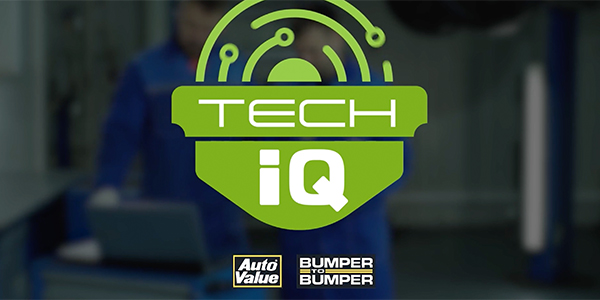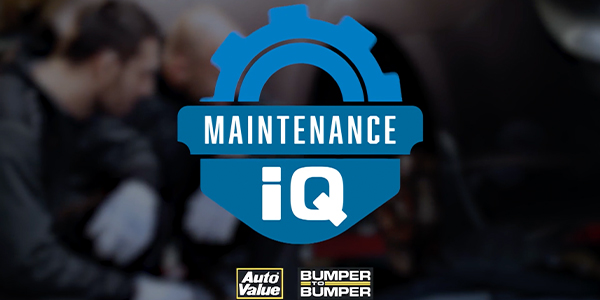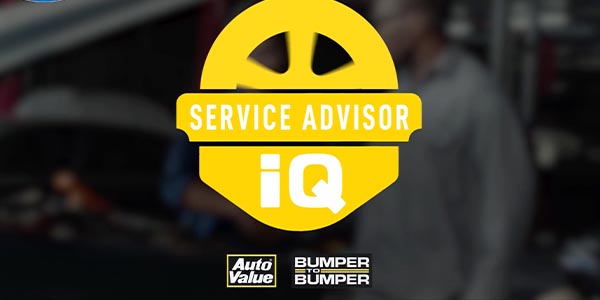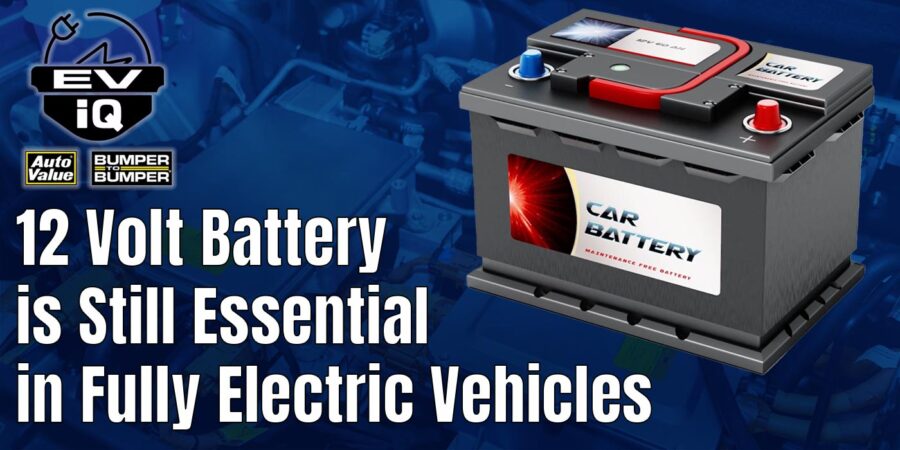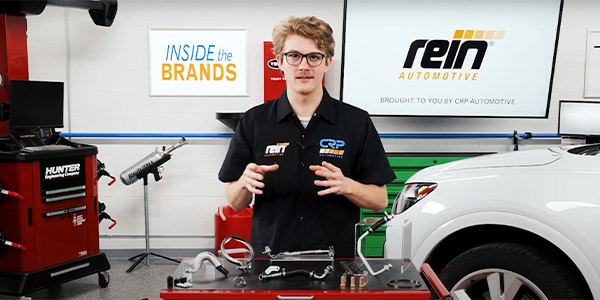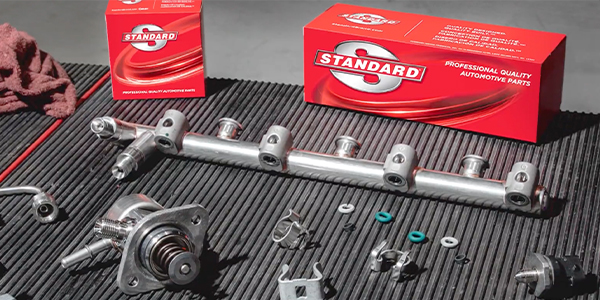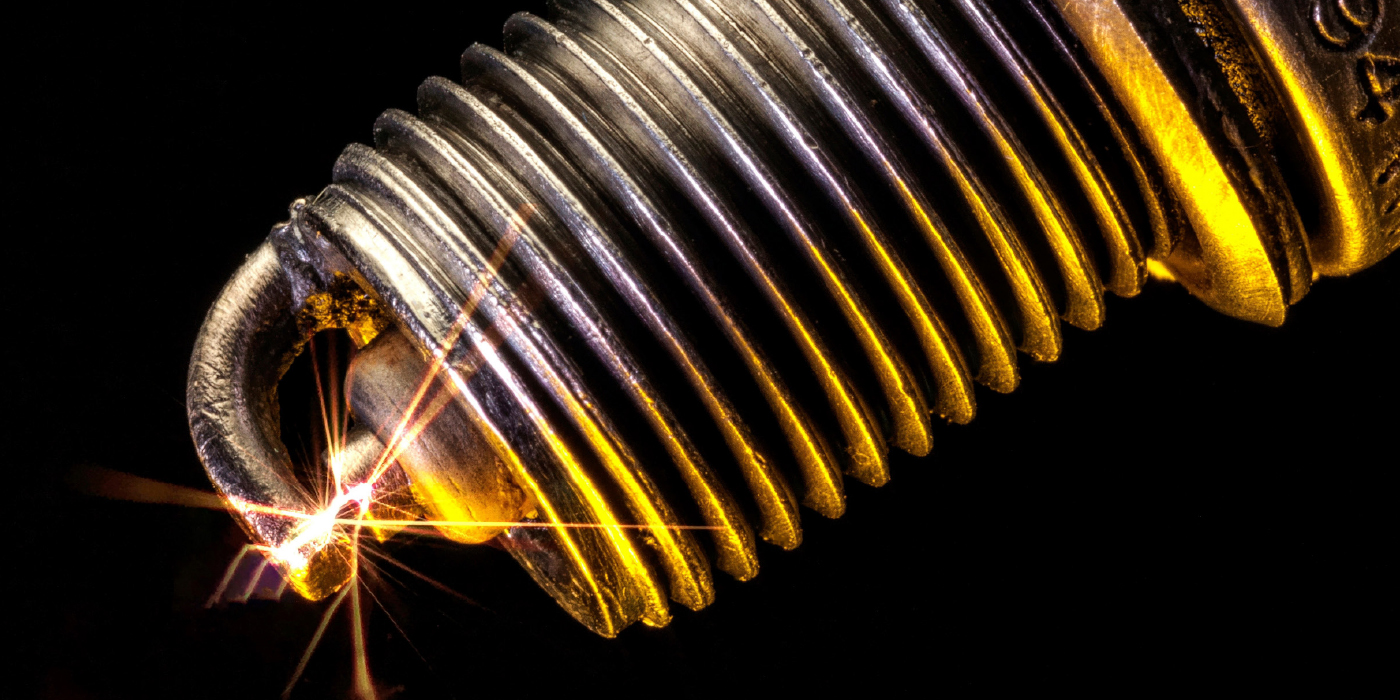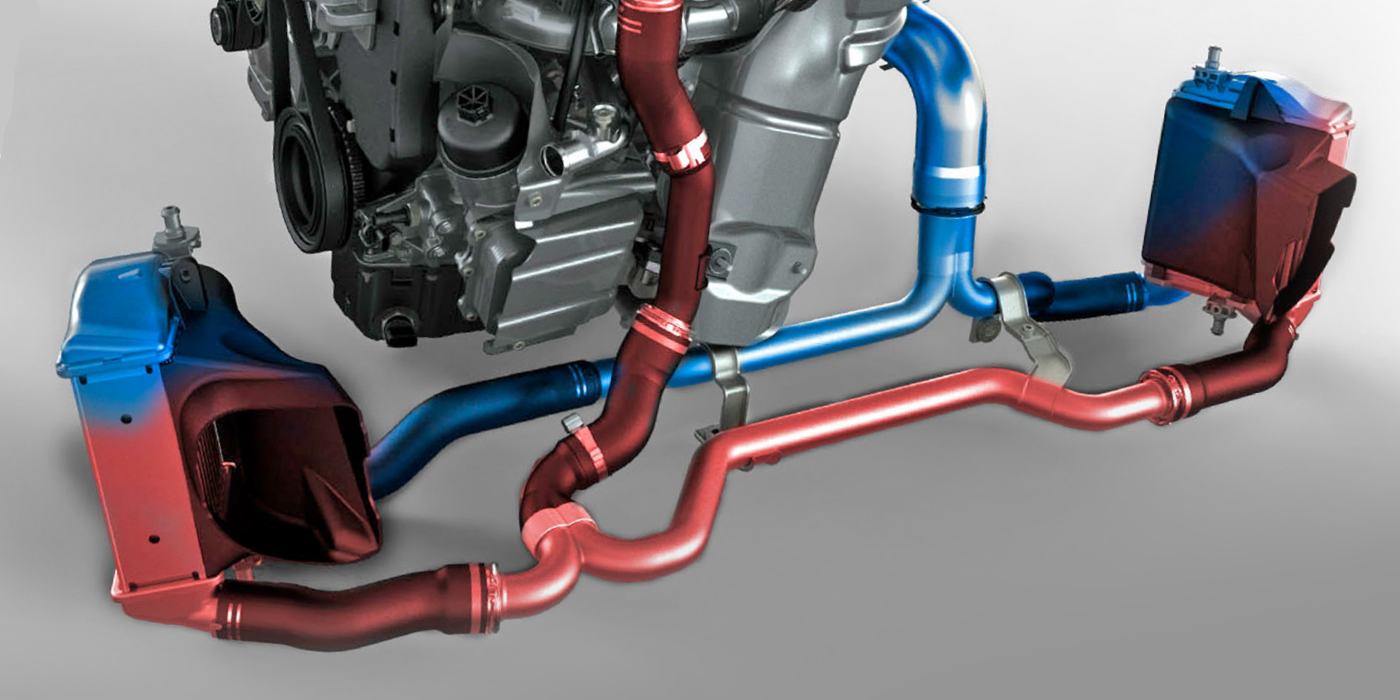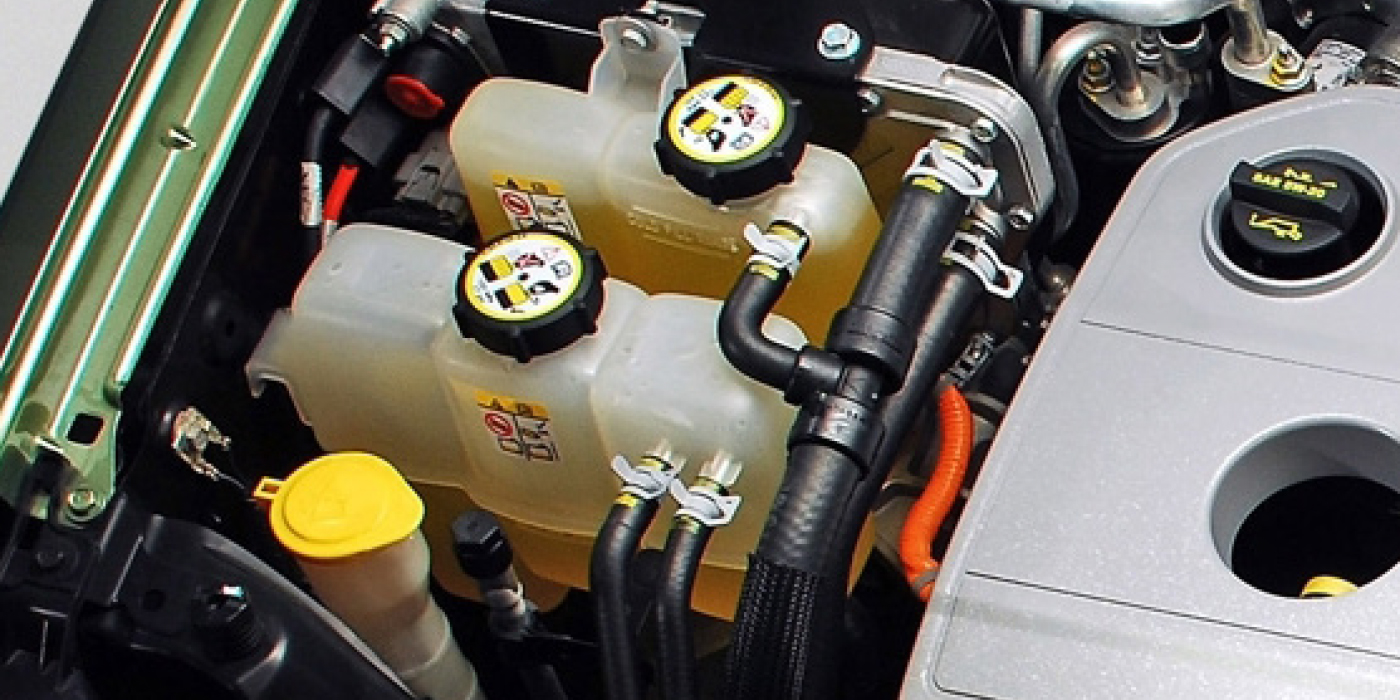CC:
How many times has this happened to you: your customer drives up in a car with the check engine light illuminated. Naturally, as an experienced service advisor you ask about what the car is experiencing. The driver says, “I know it just needs an oxygen sensor – I have a buddy with a code scanner and that’s what comes up on the internet.”
Simple right? You can order the replacement part online, send it back to the tech who’s just standing there waiting to go and bing, bang, boom the job is complete and everyone is happy.
Well…
Of course, you know it’s not that easy and, frankly, most of your customers understand it too. Today’s vehicles are more complicated than ever before and things are only getting more complex.
Should you be expected to know exactly what’s wrong with a vehicle just by listening to a driver’s vague description? That would be like expecting your doctor to identify what’s ailing you when you say “It hurts here.”
While scan tools can help in quickly reading the diagnostic trouble codes, they won’t necessarily pinpoint the exact cause of the problem. As with your doctor – think of an MRI, xray, cat scan or simple blood test – a trained expert is needed to determine exactly what the proper treatment needs to be.
Often advanced tools, software subscriptions and a technician with the level of skills to successfully put all these elements together are required to arrive at the solution to the customer concern. In many cases, a veteran tech with 10+ years of service and a commitment to ongoing training is the person performing the work.
So, with all of the tools involved, the expertise required to use them and the investigative skills necessary to understand what the results mean, why does it sometimes feel that you have to apologize for charging for diagnostic time? Frankly, you shouldn’t.
Professionals in every walk of life, from pool heater repair guys to insect exterminators typically charge a service charge just to show up. It comes down to communicating with your customer.
Some shops build diagnostic time into the overall job ticket; other spell out the time as a separate line item. Some experts say that an hour is adequate for most experienced techs on the majority of diagnostics, though sometimes it just takes longer. You may find yourself calling the customer to get an additional hour authorized, especially if the tech has reached a point where engine tear down is required, such as with a misfire or cylinder balance issue and you’re checking the valve train, or with a potential timing issue and you’re checking timing chains. Sometimes it’s the case with electrical diagnosis that requires disassembly to reach buried harnesses and connectors.
Your customers don’t work at their job and not receive proper compensation, why should you and your shop? Diagnostic work is more sophisticated and your techs’ time is worth charging for! Don’t give it away!


